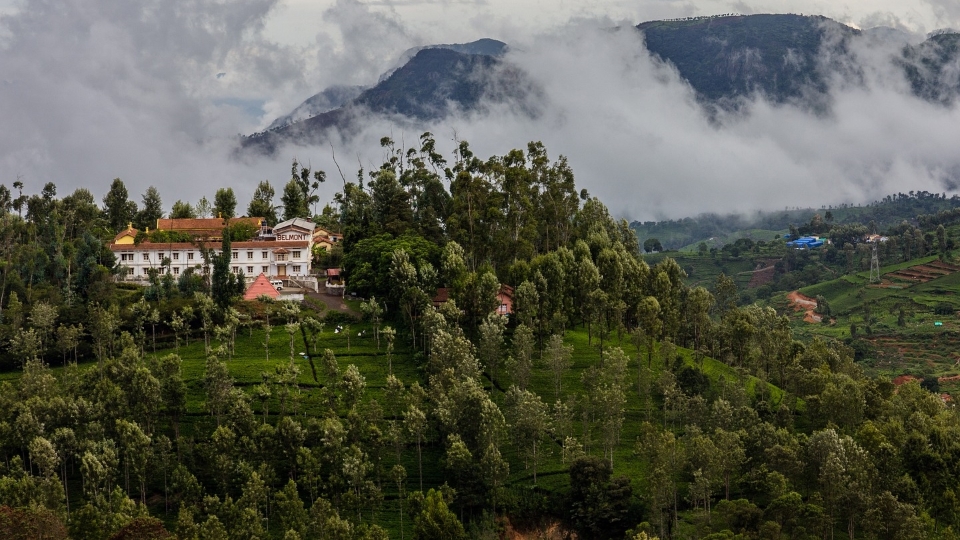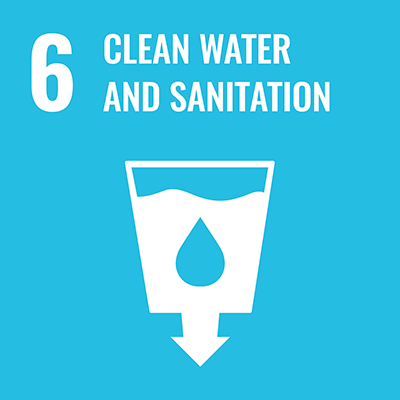)

Stimulate: Seasonal Teleconnections to the Indian Monsoon: Understanding the Large-scale Atmospheric Tropical Environment.
The STIMULATE project is led by the National Centre for Atmospheric Science (NCAS) at University of Reading, under the Met Office Weather and Climate Science for Services Partnership (WCSSP) India programme. STIMULATE is a consortium project also involving University of East Anglia, University of Edinburgh and University of Leeds.
Background:
Between June and September, the monsoon supplies approximately 80% of annual rainfall to India, which is used for drinking water, supply, sanitation, agriculture and industry. As such, any variations in the monsoon can have a dramatic impact on all sectors of society, which have become finely tuned to the timing, intensity and duration of the monsoon. Successful prediction of seasonal variations in monsoon precipitation, such as the occurrence of extended irrigation, would enable local climate and weather forecasters, emergency planners and decision makers in India to respond more quickly and effectively to such phenomena, reducing the range and magnitude of potential negative impacts.
Objectives and activities:
STIMULATE involves performing the observational assessments necessary to understand how seasonal variations of the monsoon are controlled in the real world, and how they perform in climate models. STIMULATE aims to improve the scientific understanding of researchers and forecasters in India and the UK of the underlying drivers of seasonal rainfall variations in the Indian monsoon, through detailed assessments of physical processes in observations, and through tests in a hierarchy of climate models of differing complexity.

Impact:
Impacts will be delivered in India primarily through building on existing collaborations developed by the research project team at a number of Indian institutions. These impacts will be enhanced by funded exchange collaboration visits by Indian scientists to the UK, which will be targeted at early career scientists to aid career development and knowledge exchange. The presentation of new analysis tools and research publications in which we will encourage joint authorship will enable STIMULATE’s research outcomes to be translated into improved working knowledge at Indian institutions.
SDG/target addressed:

SDG 6.4: By 2030, substantially increase water-use efficiency across all sectors and ensure sustainable withdrawals and supply of freshwater to address water scarcity and substantially reduce the number of people suffering from water scarcity.
Researcher:
Ben Webber, Lecturer in Climate Science at the School of Environmental Sciences
